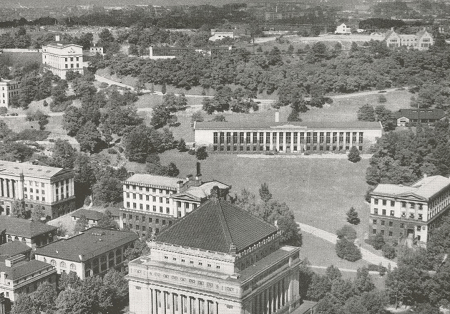Responding to an existing requirement for specialized medical professionals in the industrial sector, the University of Pittsburgh launched a program focused on industrial medicine during the 1920s. By 1927, this innovative curriculum had paid off; three students earned their doctorates and became pioneers in this burgeoning field.
Drs. John A. Hagan, Hugh C. Wilburn, and George C. Hurst were pioneers in the field of industrial medicine due to their specialized training which encompassed topics including occupational health, industrial hygiene, and ergonomics – with an emphasis on hands-on experience in a real-world environment!
After graduating, these doctors impacted the world of industrial medicine significantly. Dr. Hagan crafted and implemented occupational health systems for U.S Steel Corporation and NIH; Dr. Wilburn worked to amplify miner wellbeing in Appalachia; while Dr. Hurst focused on ergonomics research and deterring musculoskeletal disorders among workers – altogether inspiring revolutionary progress within their realm of expertise!
Lasting impacts have been made in industrial medicine thanks to its pioneers, beginning with the conferral of the first doctorate at the University of Pittsburgh. This event was crucial in establishing specialized training and was a launching point for significant progress. Thanks to this milestone, industrial medicine has become an essential branch that is still felt today – all due to their dedication and contributions throughout history!










